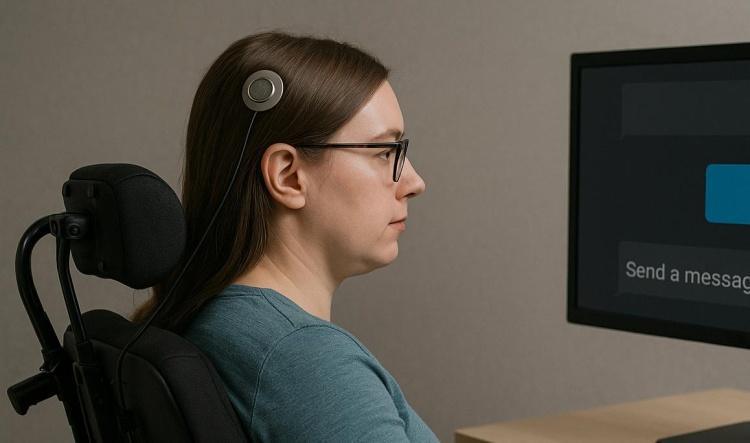The AI Status Divide: Who Benefits From Artificial Intelligence — and Who Gets Replaced?
The AI status divide refers to the growing gap between those who benefit from artificial intelligence and those whose work is disrupted by it. People who learn to collaborate with AI are gaining productivity, income, and prestige, while others face slower career growth and reduced stability. Understanding this divide helps individuals and societies prepare, adapt, and create a more balanced future. The rise of artificial intelligence is not just a technological shift. It is a social shift. It is changing who holds power, who earns prestige, and who feels secure about the future. The biggest question is no longer whether AI will transform work. It is who will benefit from that transformation—and who will quietly lose status in the process. This growing gap is what some experts call the AI status divide, and it is already shaping the economy, culture, and everyday conversations about success.





